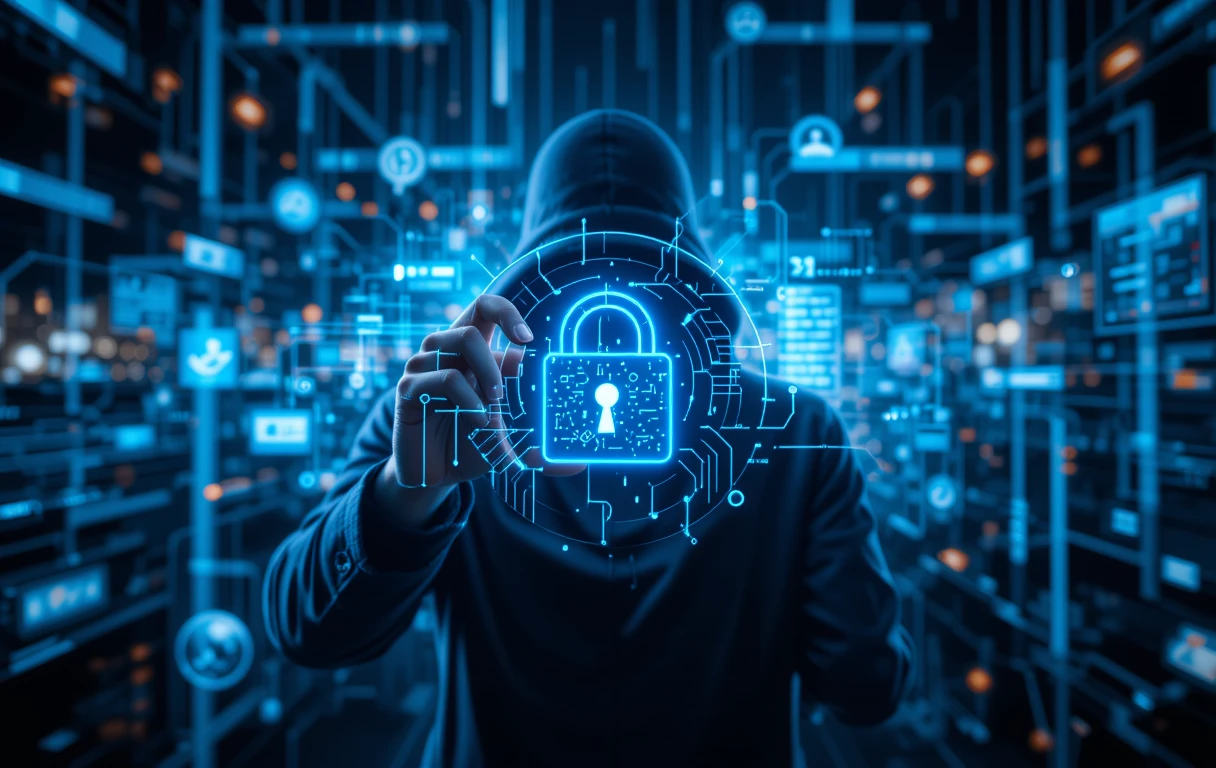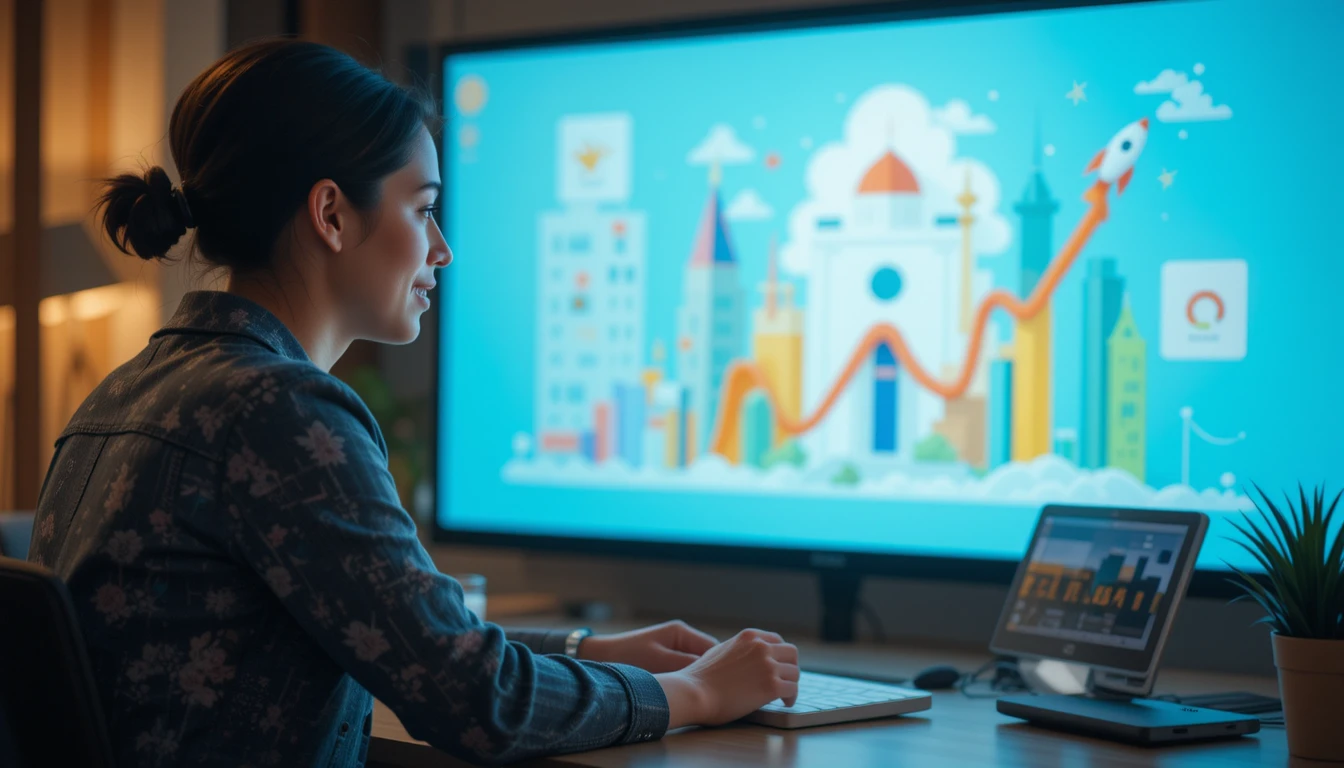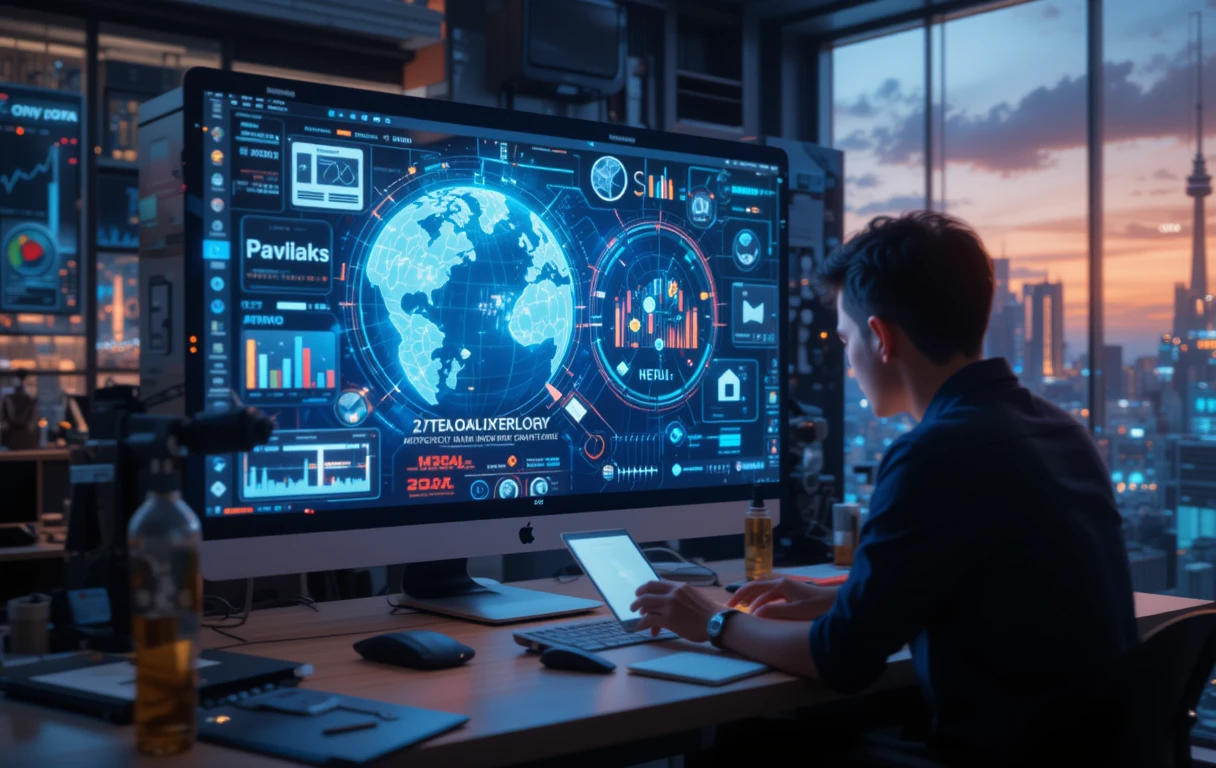In today’s digital-first world, your personal information is more vulnerable than ever. With every click, tap, and swipe, data about your habits, preferences, and even your identity is being tracked. But why does this matter? Why should you care about what happens to your data?
The truth is, your privacy isn’t just about avoiding annoying ads or spam emails—it’s about protecting your rights, freedom, and even your safety. Let’s dive into five shocking reasons why your privacy matters and why now is the time to take it seriously.
1. Your Personal Data Is a Goldmine for Hackers
When you hear about data breaches affecting millions of users, it might feel distant or impersonal. But did you know that stolen personal data often ends up on the dark web? Hackers sell sensitive information like your name, email address, credit card details, and even your Social Security number to the highest bidder.
This data can then be used for identity theft, fraudulent activities, or blackmail. Victims of identity theft often spend years and thousands of dollars trying to recover their stolen identities.
How to Protect Yourself:
- Use strong, unique passwords for each account.
- Enable two-factor authentication wherever possible.
- Avoid oversharing personal details online.
2. Big Tech Tracks Your Every Move
Companies like Google, Facebook, and Amazon aren’t just service providers—they’re data collection giants. They gather information about your browsing habits, purchase history, location, and even voice recordings (yes, your smart assistant is listening).
This data isn’t just used to improve their services; it’s also sold to advertisers, creating detailed profiles about you. This invasive tracking can feel like a violation of your personal space. Imagine someone following you around in real life, taking notes on everything you do—that’s exactly what’s happening in the digital world.
How to Protect Yourself:
- Use privacy-focused browsers like Brave or Firefox.
- Turn off location tracking for apps that don’t need it.
- Regularly clear your browsing history and cookies.
3. Loss of Privacy Can Threaten Your Freedom
Think privacy doesn’t affect your freedom? Think again. Governments and corporations can use your personal data for mass surveillance, potentially controlling how you access information or express yourself online.
For example, social credit systems, like those being developed in certain countries, score individuals based on their behavior and online activity. A poor score could limit your ability to get loans, travel, or even access certain services.
How to Protect Yourself:
- Support organizations fighting for digital privacy rights.
- Use encrypted communication tools like Signal or ProtonMail.
- Stay informed about data privacy laws in your country.
4. Oversharing on Social Media Can Be Dangerous
Sharing vacation photos or updating your relationship status might seem harmless, but oversharing on social media can lead to unintended consequences. For example, burglars have been known to target homes when people announce their travel plans online.
Cybercriminals also use social media to gather personal information, making phishing attacks and scams more convincing. Even your seemingly innocent posts can be used to create a detailed profile about you.
How to Protect Yourself:
- Set your social media accounts to private.
- Avoid sharing sensitive details like your home address or phone number.
- Think twice before posting about your current location.
5. Your Privacy Protects Your Mental Health
Did you know that constant tracking and surveillance can lead to feelings of anxiety and paranoia? When you know you’re being watched, even digitally, it can impact your mental well-being.
Platforms like Instagram and TikTok often use algorithms that analyze your activity to serve personalized content. While this might sound convenient, it can lead to a “feedback loop” of content that reinforces insecurities, fears, or unhealthy behaviors.
How to Protect Yourself:
- Limit your time on social media.
- Use apps that block trackers and ads.
- Regularly review and adjust your privacy settings.
Why Your Privacy Matters More Than Ever
Your privacy is more than just a personal issue—it’s a societal one. When individuals take their privacy seriously, it forces corporations and governments to uphold higher standards of transparency and accountability.
By making small changes to your habits, like using encrypted tools and being mindful of what you share online, you can reclaim control over your digital life. Don’t wait for a data breach or a personal invasion of privacy to take action. The time to protect your privacy is now.
Conclusion
Your privacy matters more than you realize. It’s not just about keeping your data safe; it’s about protecting your identity, freedom, and mental well-being. In a world where digital tracking is the norm, taking control of your personal information is an act of empowerment.
Remember, every small step you take—like adjusting your privacy settings, using encryption tools, and staying informed—helps create a safer, more private digital environment for yourself and others.




